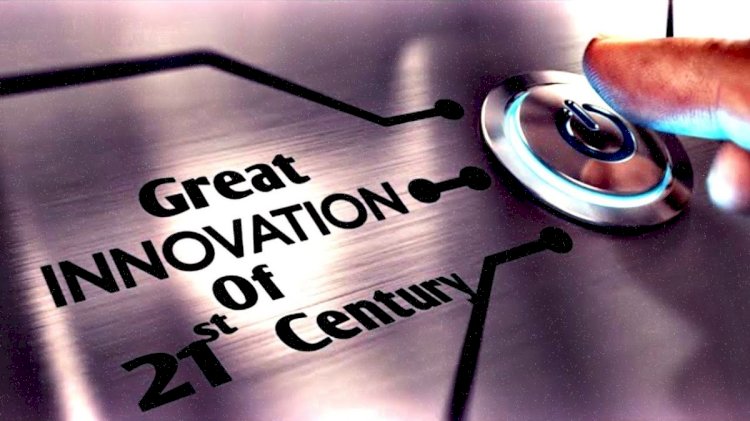
Achievements of Electronics in the 21st Century
-
Miniaturization and Wearable Technology
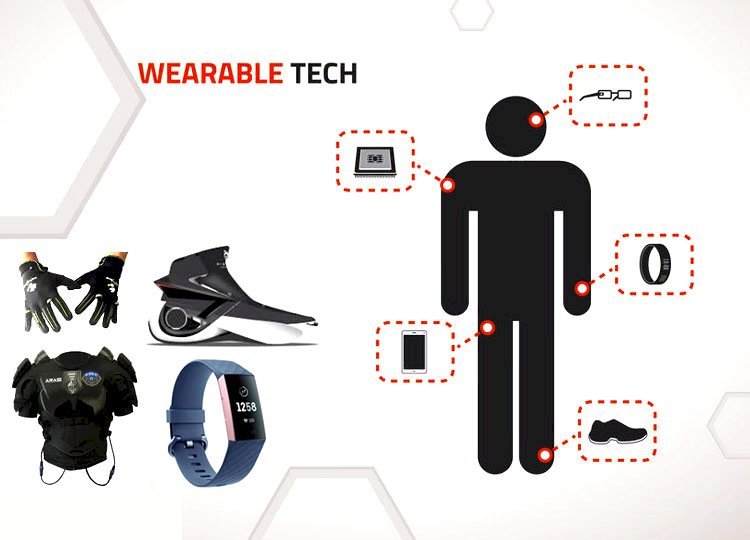
One of the most significant achievements of the 21st century is the miniaturization of electronic devices. The advent of nanotechnology has enabled the production of smaller, more powerful components, leading to the creation of smartphones, smartwatches, and fitness trackers. These wearable devices have become an integral part of our daily lives, providing us with instant access to information, communication, and health monitoring.
-
Internet of Things (IoT)
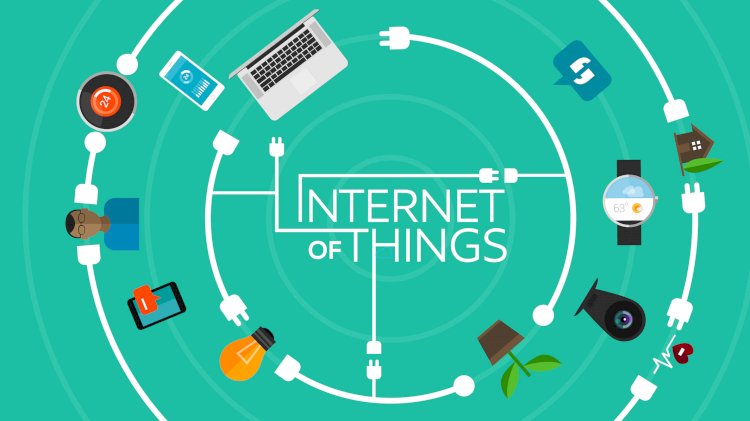
The IoT has emerged as a game-changer in the 21st century. It refers to the network interconnected devices that can communicate and share data with each other. This technology has facilitated the automation and optimization of various processes, ranging from smart homes and cities to industrial applications. With IoT, everyday objects can be embedded with sensors and connected to the internet, enabling remote control and monitoring. -
Artificial Intelligence (AI) and Machine Learning
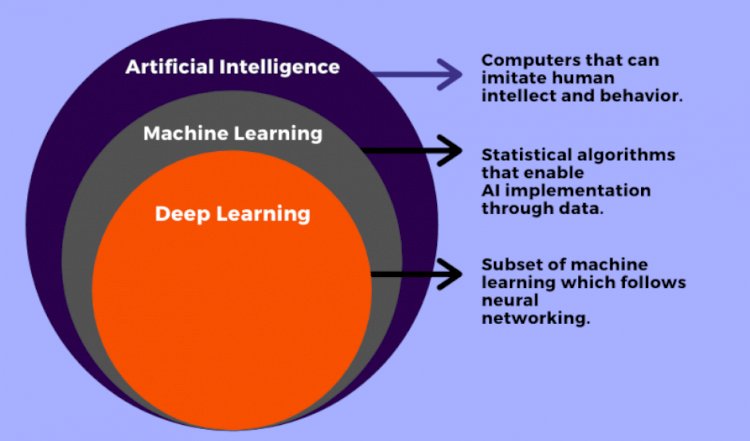
Advancements in AI and machine learning have had a profound impact on electronics. AI algorithms are now capable of performing complex tasks such as image recognition, natural language processing, and autonomous decision-making. This has led to the development of virtual assistants like Siri and Alexa, self-driving cars, and personalized recommendations in various online platforms.
-
Renewable Energy and Green Electronics

The 21st century has seen a growing emphasis on sustainable technologies, particularly in the field of electronics. Significant progress has been made in harnessing renewable energy sources such as solar and wind power. Solar panels have become more efficient and affordable, leading to increased adoption in residential and commercial settings. Additionally, efforts have been made develop eco-friendly materials and manufacturing processes, reducing the environmental impact of electronic devices.
-
Quantum Computing
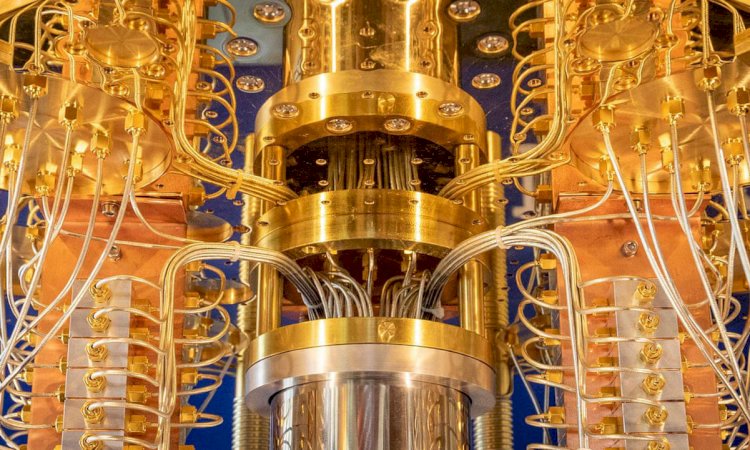
Quantum computing has emerged as a promising field in the 21st century. Unlike classical computers that use bits to represent information, quantum computers utilize quantum bits or qubits. These qubits can exist in multiple states simultaneously, enabling exponentially faster computations for certain types of problems. Although still its early stages, quantum computing holds the potential to revolutionize fields such as cryptography, optimization, and drug discovery.
Conclusion: achievements of electronics in the 21st century have transformed our world in unprecedented ways. From the miniaturization of devices to the development of IoT, AI, renewable energy, and quantum computing, these advancements have reshaped industries, improved efficiency, and enhanced our quality of life. As we move forward, it is exciting to anticipate further breakthroughs that will continue to push the boundaries what is possible in the realm of electronics.








